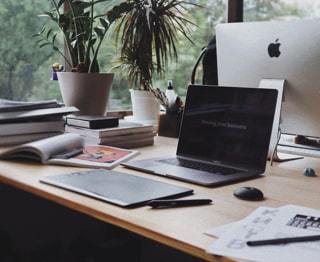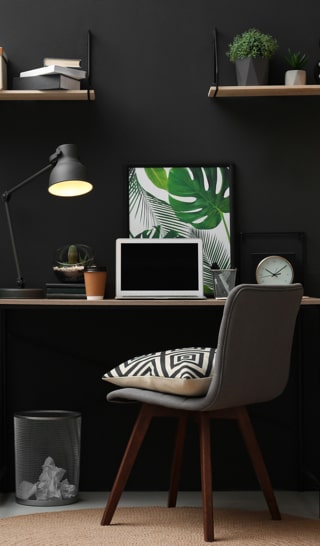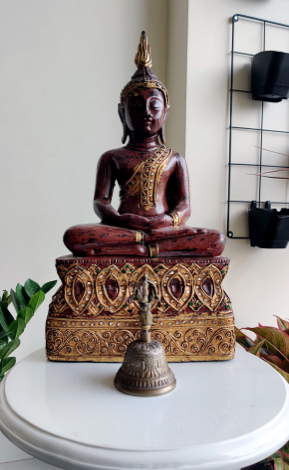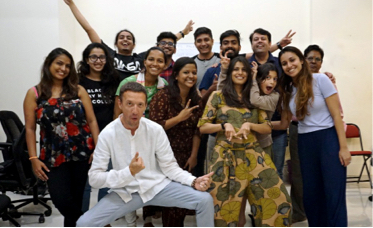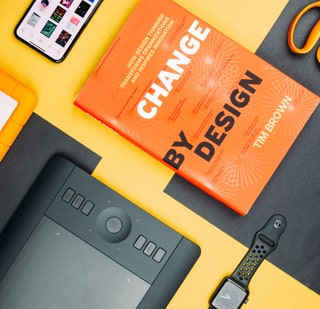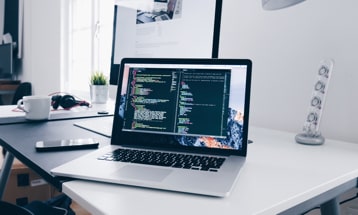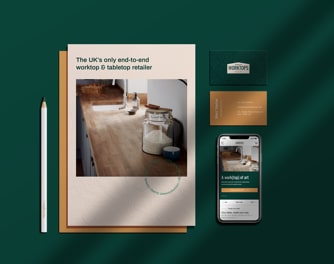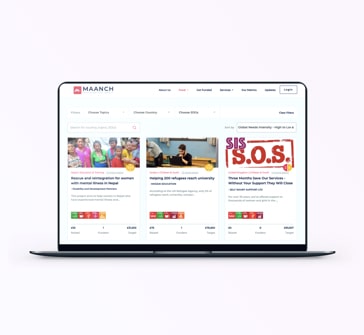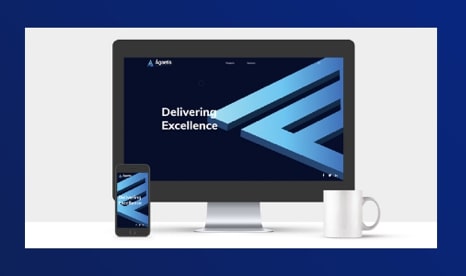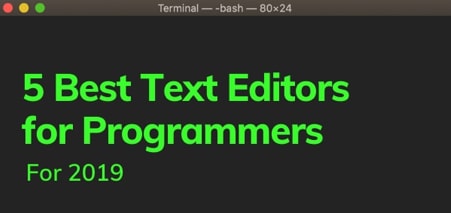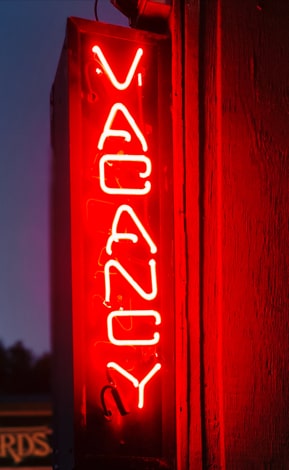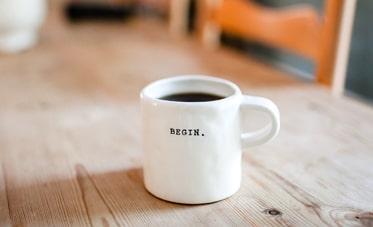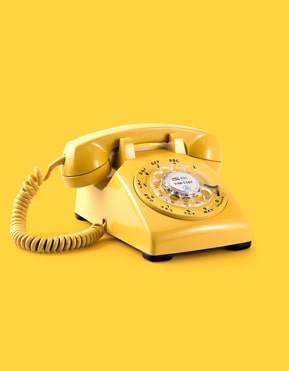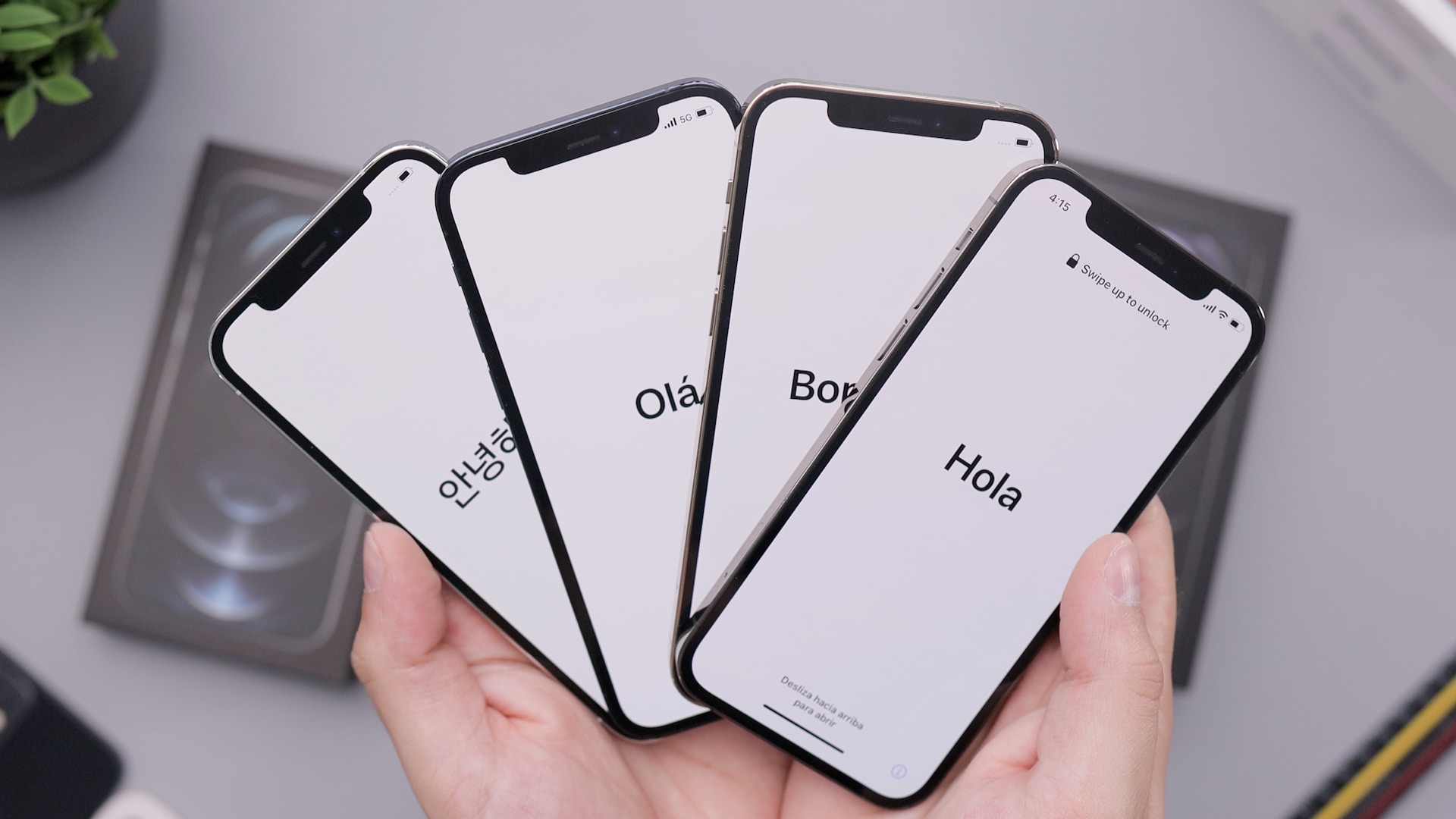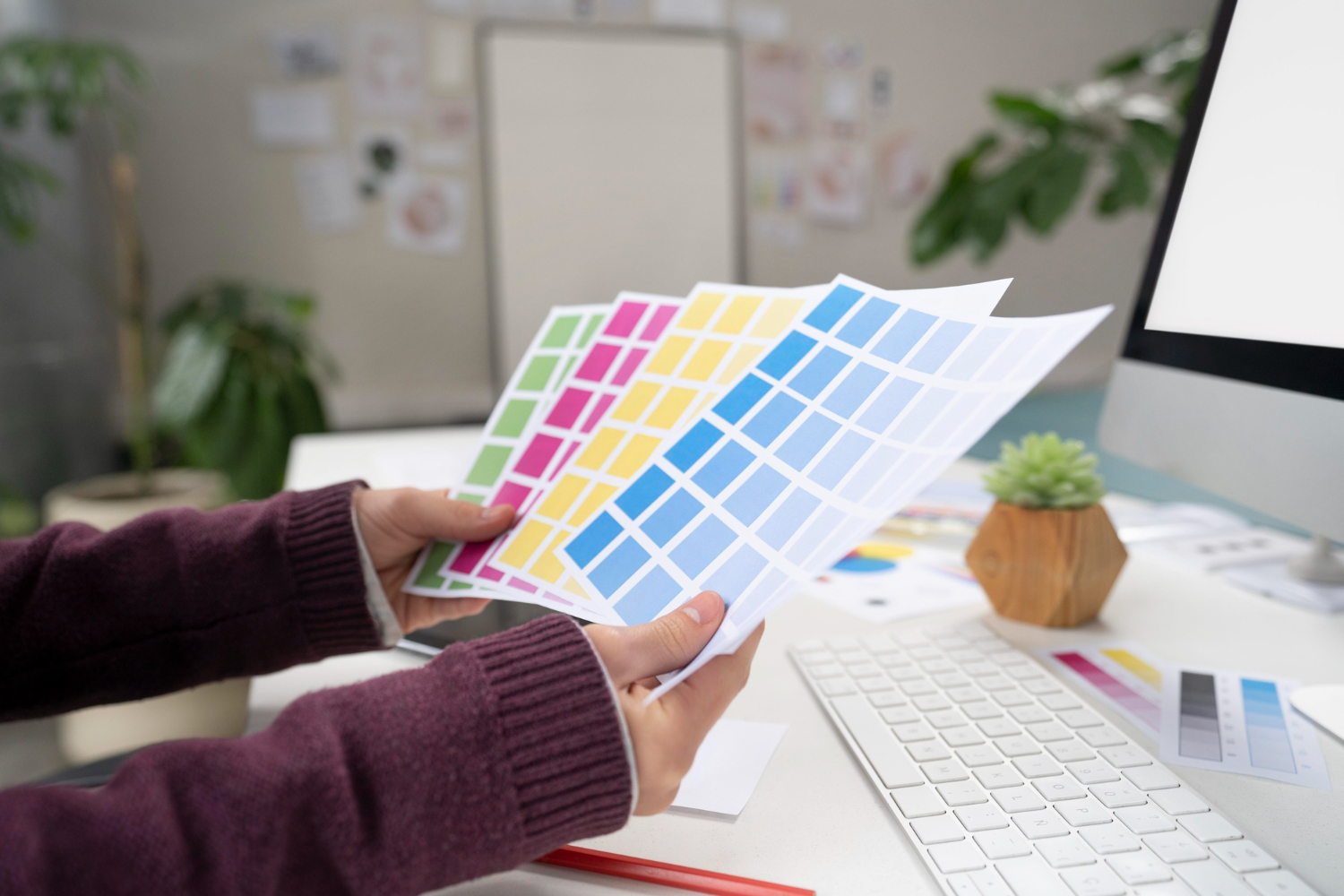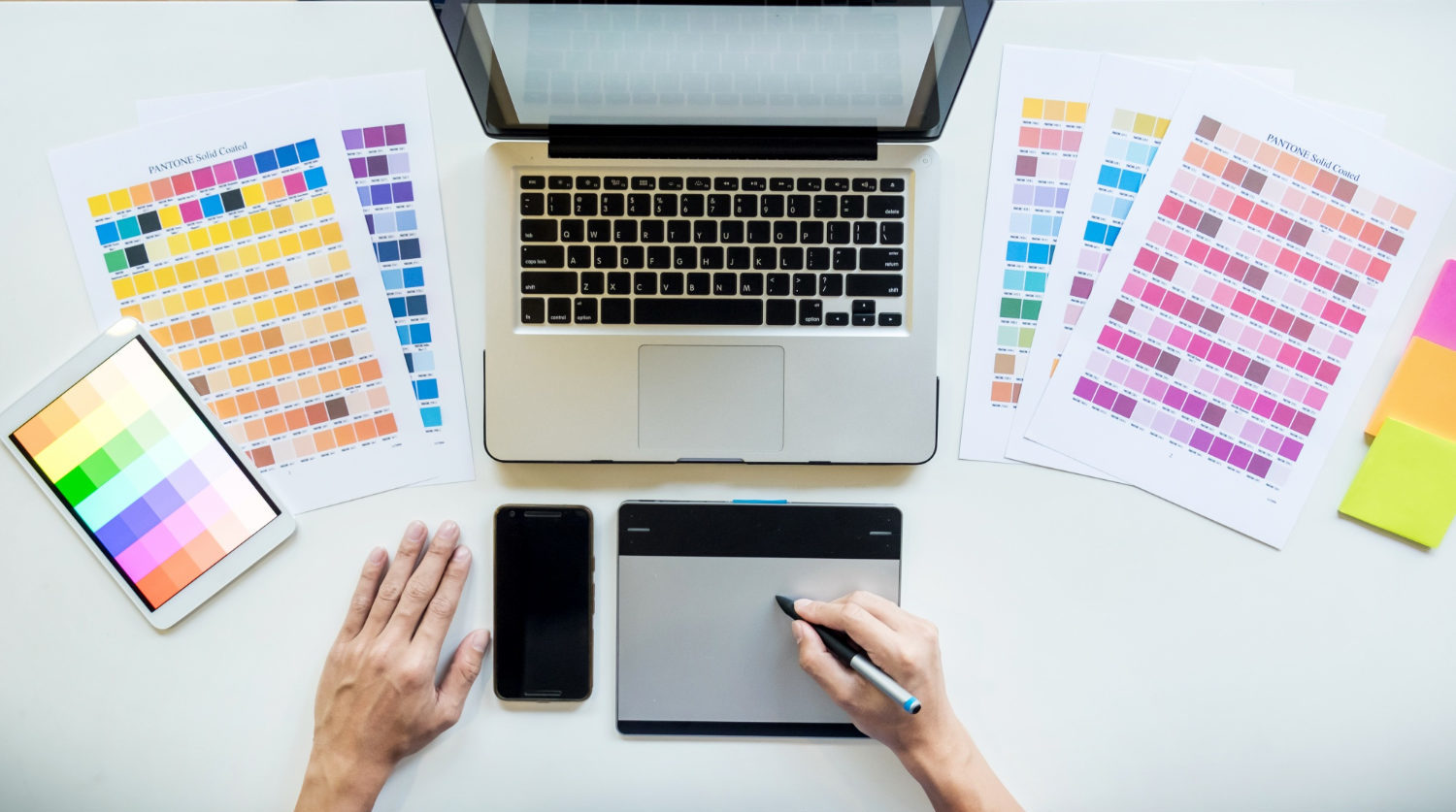Reading time: 5 mins
Most Asked Figma Interview Questions (2023)

Got an interview for a design/prototyping position that involves Figma? Well, you’re in luck because we have a list of Most Asked Figma Interview Questions for you!
Figma has become a staple in the world of UX and UI design, and your potential employer is likely looking for someone who can navigate it with ease.
To help you prepare, let’s dive into some common Figma interview questions and how to tackle them confidently.
Let’s go!
Figma Interview Questions: Common Queries and How to Ace Them
Q: What interests you about Figma?
This is one of the most common Figma interview questions out there.
You can talk about Figma and its recent update about Collaboration and the Dev mode. This shows you are updated on the latest trends.
Say something along the lines of:
“Figma’s collaborative nature and its seamless online interface truly captivate me. The fact that it allows multiple team members to work on the same design in real time, regardless of their physical location, is a game-changer. This fosters a more efficient and dynamic workflow, making it easier to gather input and ensure everyone is on the same page.”
Read more here:
Q. Have you ever been in charge of a project timeline?
Show how natural you are at organising and structuring your timelines. But don’t overdo it if it’s not in your nature. The key is to be natural.
Say something along the lines of:
“Yes, I have. Managing project timelines is crucial for ensuring that design projects stay on track and meet deadlines. In my previous role, I was responsible for creating and maintaining project timelines, which involved setting milestones, allocating resources effectively, and adapting to unforeseen challenges to ensure projects were delivered on time.”
P.S.: If you don’t have any experience, simply rephrase the sentence with “I aim to” or “I intend to.”
Q. “Describe one instance where you faced a difficult design problem.”
Here is another instance when such Figma Interview Questions are commonly asked.
Recall your own experience or give a hypothetical example. Whatever suits you best!
Say something along the lines of:
“Certainly. In a previous project, we had to design a complex web application with a user interface that needed to be intuitive for both beginners and advanced users. Balancing simplicity and functionality was challenging. To solve this, I conducted extensive user research, created user personas, and conducted usability testing to ensure our design addressed the diverse needs of our audience successfully.”
Q. “What would you say sets you apart from other designers?”
Describe what makes you unique, after all, you are a creative person.
Say something along the lines of:
“My ability to effectively collaborate with cross-functional teams and my dedication to staying updated on the latest design trends set me apart. I believe that successful design is a collective effort, and I’m committed to continuous learning to ensure my designs are fresh, relevant, and user-centric.”
Q. “What challenges have you experienced in a design project?”
The way in which you approach challenges individually or as part of a team really showcases your skill set. Answer such Figma interview questions wisely.
Say something along the lines of:
“Design projects often come with challenges, such as tight deadlines, evolving requirements, and conflicting feedback. One memorable challenge was when our project scope expanded significantly mid-way through. To address this, I led a thorough project review, reprioritized tasks, and collaborated closely with the team to ensure we met the new goals without compromising quality.”
Q. “Describe your experience with design software.”
Describe all the tools you intend to use, have researched, or are an expert in.
Say something along the lines of:
“I have extensive experience with a range of design software, including Adobe Creative Suite, Sketch, and, of course, Figma. I’m proficient in using these tools for creating visual designs, wireframes, prototypes, and user interfaces. My familiarity with different design software enables me to adapt to the specific needs of each project.”
Q. “How have you worked on design projects with others?”
Demonstrate how you’re a good team player in this one!
Say something along the lines of:
“Collaboration is at the core of my design process. I’ve worked on cross-functional teams, involving developers, marketers, and product managers, to create cohesive and user-friendly designs. Regular feedback sessions, open communication channels, and the use of collaborative design tools like Figma have been integral to our successful teamwork.”
Q. “How do you stay up-to-date on the latest design trends?”
List all the things you do to stay up-to-date whether it is newsletters or social media.
Say something along the lines of:
“I’m passionate about design, so staying current is a natural part of my routine. I regularly follow design blogs, attend industry conferences, and participate in online design communities. Additionally, I allocate time for self-study and experimentation to put new concepts and techniques into practise.”
Q. “What is your experience with animation and motion?”
Describe your standard expertise in this one.
Say something along the lines of:
“I have experience in creating animations and motion designs using various tools, including Figma. These skills are essential for bringing user interfaces to life and enhancing the overall user experience. I’ve incorporated animations for micro-interactions, transitions, and visual storytelling to create engaging and memorable designs.”
Q. “How do you handle feedback from stakeholders?”
Make sure you show that you can take criticism and evolve your designs shows how good you are at managing changes in design.
Say something along the lines of:
“Feedback is invaluable in the design process. I approach it with an open mind and a willingness to iterate. I actively listen to stakeholders, ask clarifying questions, and document their input. Then, I prioritise the feedback based on its impact and align it with the project’s goals to make informed design decisions.”
Q. “How do you ensure the accuracy of your designs?”
Describe your process. Keep it concise and to the point.
Say something along the lines of:
“Attention to detail is key. I meticulously review my designs, conduct usability testing, and perform QA checks to identify and rectify any issues. Additionally, I encourage peer reviews within the design team to ensure that our collective expertise contributes to the accuracy and quality of the final design.”
Q. “How comfortable are you with rapid prototyping?”
It shows how good your work is and how quickly you can learn new skills.
Say something along the lines of:
I’m very comfortable with rapid prototyping, and I see it as an essential part of the design process. Rapid prototyping allows us to quickly test and iterate on ideas, validate concepts with stakeholders and users, and make informed design decisions. It’s a valuable tool for creating user-centric designs efficiently.”
Good luck on you Figma Interview!

By preparing thoughtful answers to these questions and showcasing your expertise, you’ll be well-prepared to tackle all of these Figma interview questions with confidence.
May you nail the interview and we hope your design skills shine brightly!
Start your Design Journey with Agaetis!
